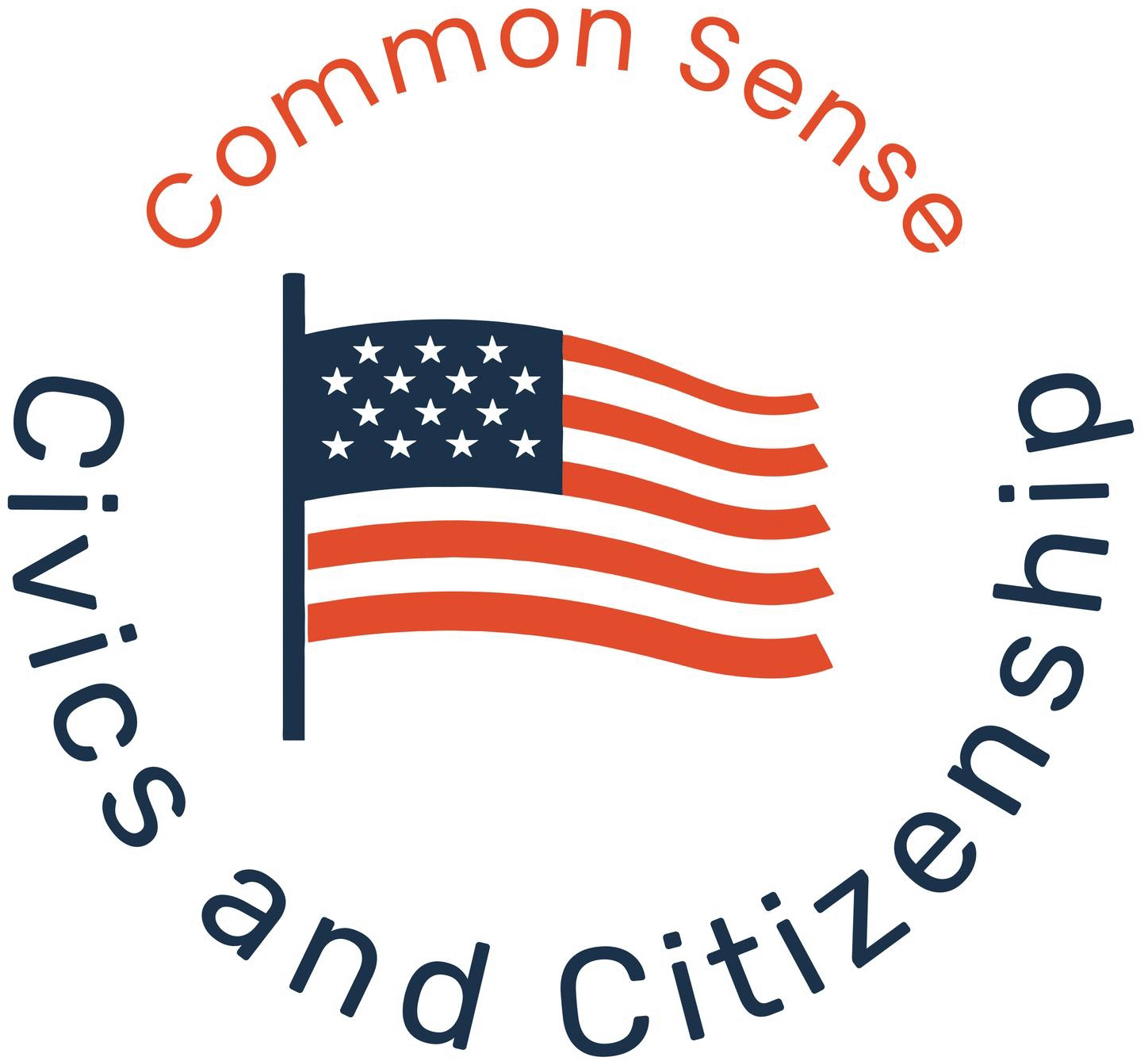Welcome back to Common Sense Civics and Citizenship! I hope that your week is off to a great start, both personally and professionally.
This week, we paid attention to what is being said to us and about us as a country. The first article, “The Absolute Amendments,” explores the mistaken idea that our amendments are up for easy interpretation and change depending on emotions or circumstances. The second article asks questions like, “Are we deluded into thinking that people with power know best? Are we blinded into thinking that more money will solve our problems?” I hope that you will find this week’s topics helpful in your learning as well as in your conversations. We strive to be knowledgeable about America but also accurate in our interpretation about the American view of law and government. Thanks again for returning. Before we begin with our first article, I invite you to pass this newsletter on to those who might benefit from its content. Sign up is easy and appreciated. -Candace
The Absolute Amendments
When a statement about the U.S. Constitution is made that raises eyebrows, it deserves scrutiny. We won’t discuss who said what because that is not our purpose or focus here. We do principles on this page rather than personalities. With that in mind, here is the statement:
“But no amendment — no amendment to the Constitution is absolute.”
If you believe the above statement, if you take it at face value, fellow citizens, what about the Bill of Rights? Those are our rights. They are not suggestions. The Constitution is not a “living, breathing document” that changes at will with the whims of every generation – or every Congress, for that matter. Our Founders believed in a limited and defined government, not a loose and undecided government. They believed in self-government, not government by a few, a fiat, or by a king.
If no amendment to the Constitution is absolute, what about our right to privacy in the fourth amendment? If it is not absolute, we don’t have privacy or reasonable search and seizure laws.
If no amendment to the Constitution is absolute, what about the sixteenth amendment and Congress’ power to collect income taxes? See what I’m getting at here?
If no amendment to the Constitution is absolute, what about the thirteenth amendment, which forbids slavery? God forbid slavery in this land ever again!
And what about the right to vote (fifteenth, nineteenth, and twenty-sixth amendments)?
Presidential succession (twenty-fifth amendment)?
Here’s one- If no amendment to the Constitution is absolute, what about congressional pay raises in the twenty-seventh amendment? 🙂
The Bill of Rights guarantees our rights and civil liberties. They are intended to be absolute in that law-abiding citizens retain those rights and the rights of the individual states.
The amendments are absolute unless We the People go through a very lengthy, arduous process to amend each of them or add an amendment to the Constitution. No arbitrary changes are allowed unless WE allow them by going through the amendment process (Article V).
Our amendments are absolute. That is one reason why the world regards us so highly. If America does not stand for liberty in law, who will? 🇺🇸


